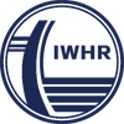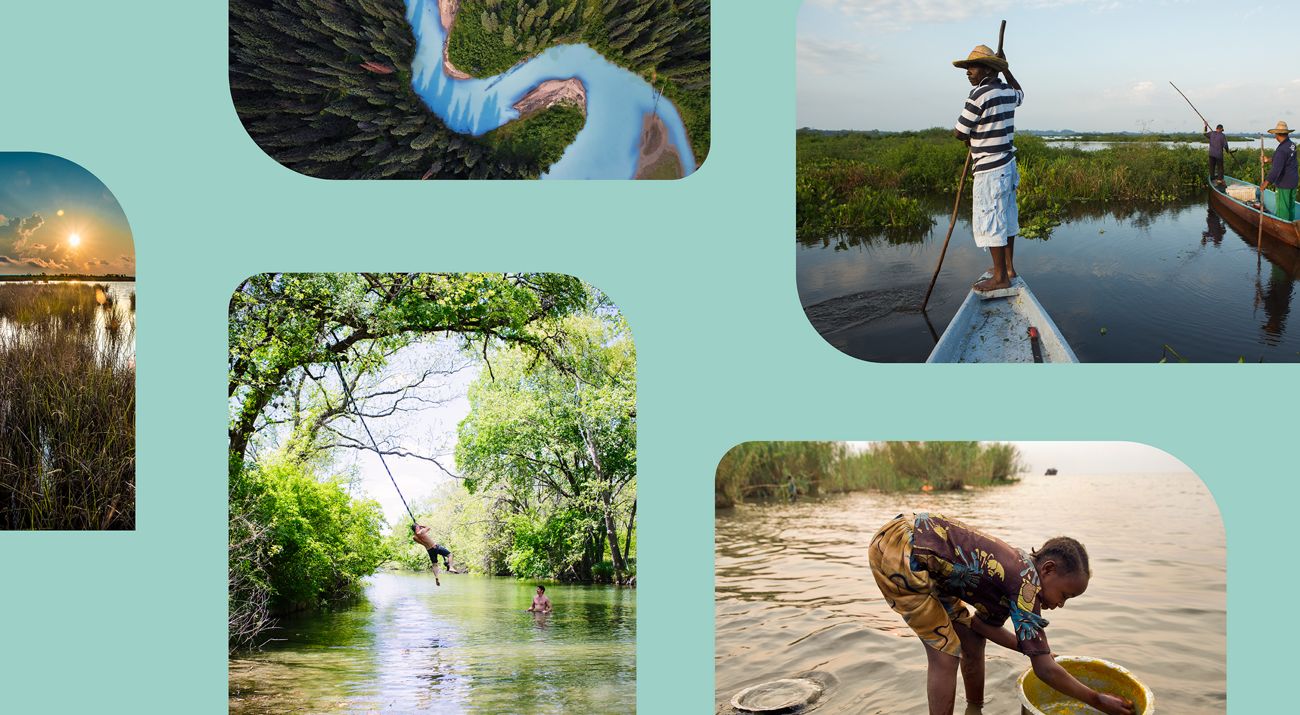The Water and Nature Declaration
No water security without ecological security
No ecological security without water security
A virtuous cycle exists between the integrity of our shared water resources and the health of the planet’s natural systems. Public policies dedicated to improving water security and those focused on ecological security, therefore, must be better coordinated and more thoughtfully integrated by all vested parties.
The Water and Nature Declaration is an initiative of the World Water Council that aims to strengthen the links between water practitioners and the nature community and foster a new level of collaboration.
Only by breaking down barriers and working together can we deliver water security and ecological security for all. Please join us.
View the Declaration in English | French
Sign the Declaration to show your support >
The Declaration
No water security without ecological security
No ecological security without water security
On the initiative of the World Water Council and its partners, the signatories of this declaration
Considering
Commit To
-
Support a better integration of ecosystems in the water sector activities, including climate change adaptation strategies, water resources protection and provision, basin level approaches, disaster risk reduction, equitable economic development and livelihoods, with the aim of long-term resilience for rural and urban communities, and food production,
-
Promote the implementation of NbS as actions to protect, sustainably manage and restore natural and modified ecosystems in ways that address societal challenges effectively & adaptively, to provide both human well-being and biodiversity benefits at basin, community, subnational and national levels, clarify and promote their business case, and strengthen the cost effectiveness assessment and financial and governance mechanisms dedicated to their implementation,
Declaration Signatories























































































Global Insights
Check out our latest thinking and real-world solutions to some of the most complex challenges facing people and the planet today.
